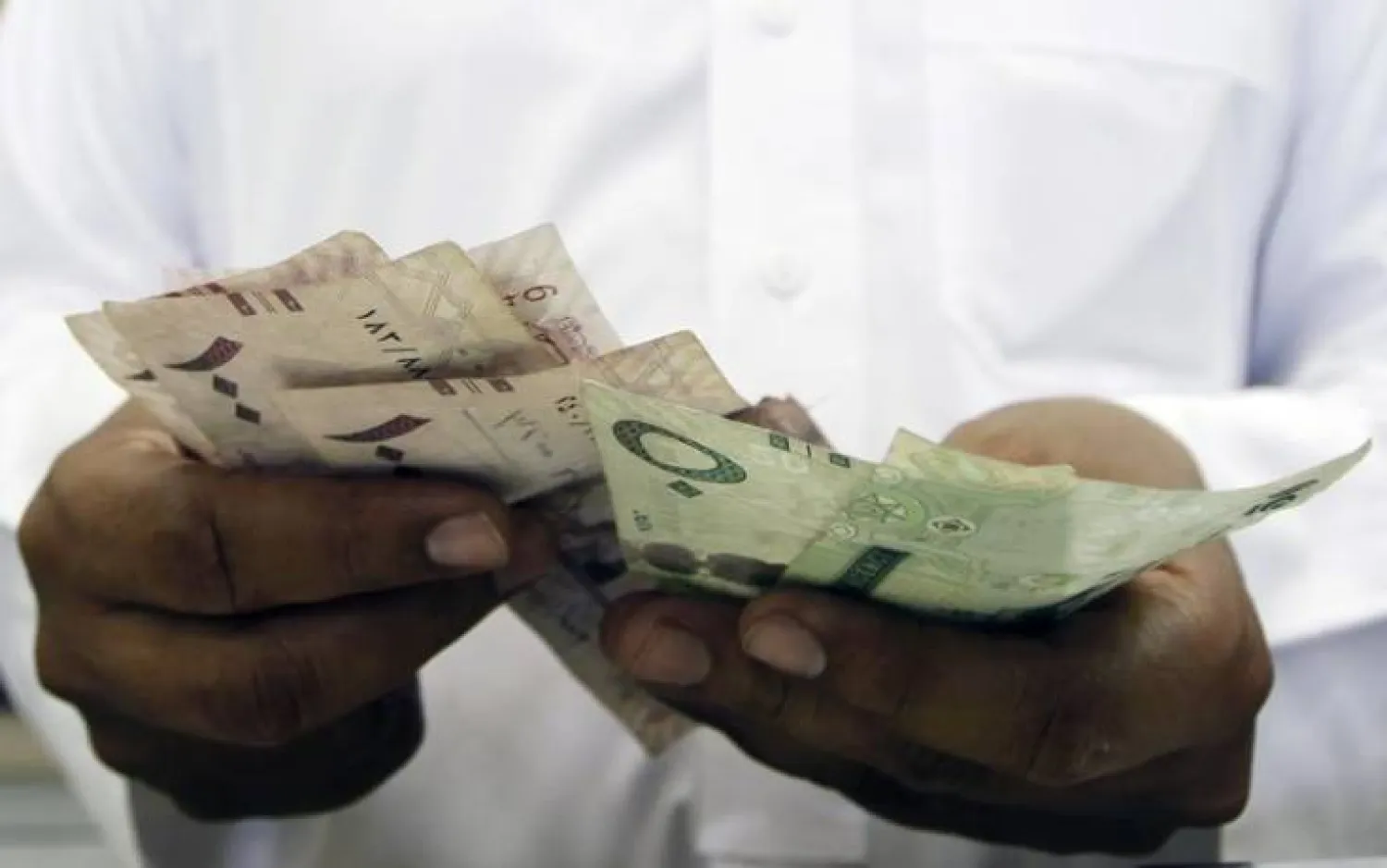The Saudi Ministry of Commerce and Investment announced on Thursday the growth of shareholder firms’ capital up to 49 percent in 1438 A.H., compared to last year. This indicates that the Saudi economic reforms are capable of creating additional investment opportunities for private sector firms.
In this context, the ministry announced on Thursday that around 4545 was the record of exporting firms to the kingdom in 1438 A.H., an increase of approximately nine percent in comparison to 1437 A.H.
The ministry’s statistics showed that the capital of established firms and others that became shareholder firms in 1438 A.H. exceeded SAR32 billion (USD6.1 billion), therefore capitals in shareholder firms grew 49 percent in comparison to 1437 A.H.
Notably, the number of operating firms in the kingdom surpassed 66,000, at a time when the ministry proceeds its pursuit to enhance the business environment, empower facilities, provide investment environment and develop advanced projects to serve the national economy, within the National Transformation Program 2020.
The kingdom achieved an unprecedented headway in indicators of ease of Doing Business in 2018, after conducting some reforms and taking procedures that contributed in enhancing the business and investment environment and consolidating investors’ confidence.
A report for the World Bank classified the kingdom among the top 20 reformative states in the world and ranked it second as to the high-income. In the report, the kingdom also came second among the G20s in terms of implementing reforms and enhancing business climate.
Saudi Arabia’s progress in ease of Doing Business for 2018 excelled in six of 10 axes: protecting minority investors, enforcing contracts, starting a business, cross-border trade, registering property and settling bankruptcy, the report added.
The Kingdom’s strong reforms have led to progress in protecting the minority shareholders, ranking 10th in the world, which is a strong signal to those interested in investing in the Kingdom, according to the report.
In the beginning of November, Fitch Ratings affirmed the Saudi rating at A+ with a stable outlook, and other similar international rating agencies took alike steps.









